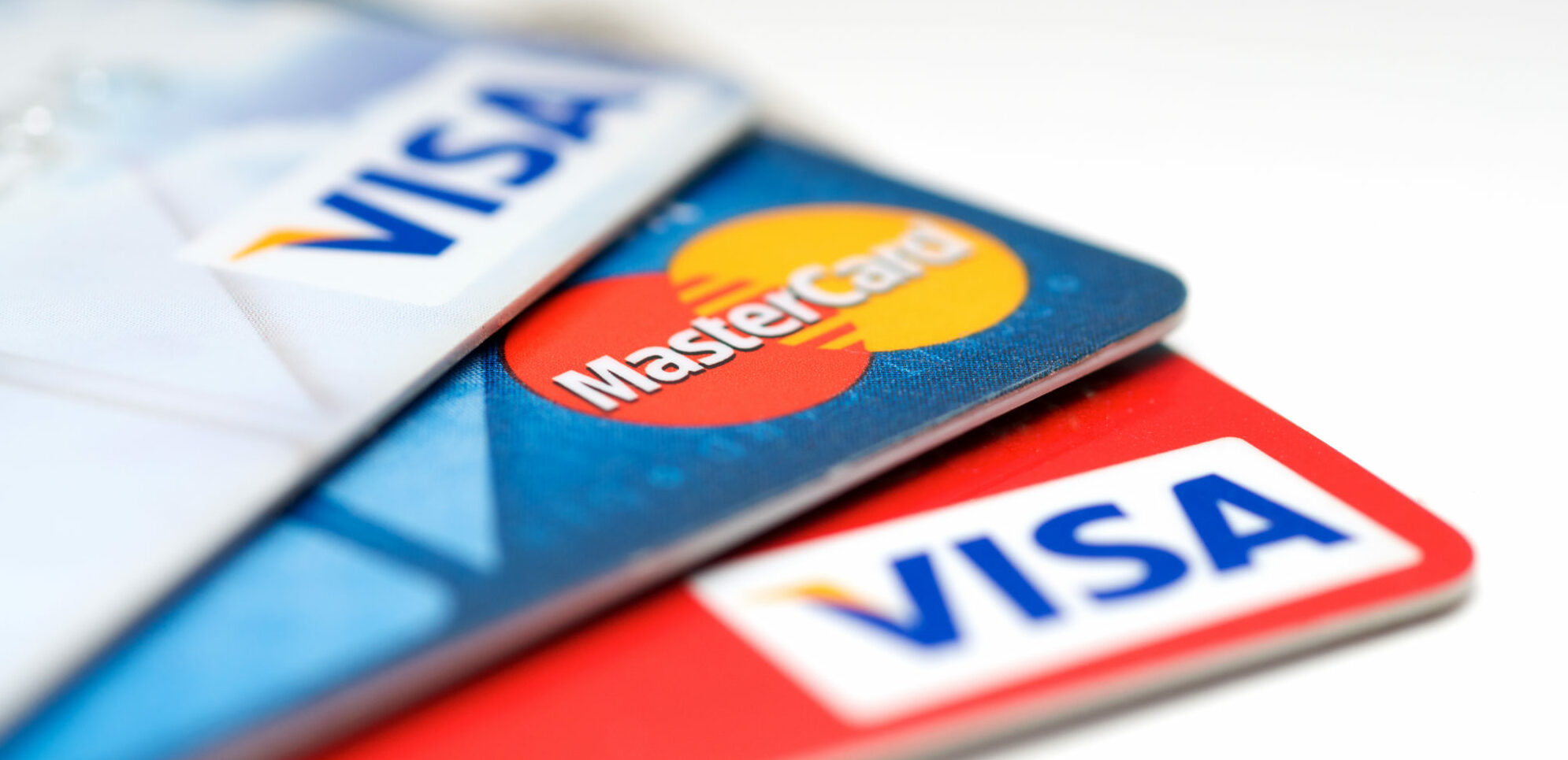
Doing Minor HOA Financial Operations Right
First, some local supply stores may offer a purchase account where they will invoice you for purchases, but there is generally a need for a personal guarantee for payment from a Board member. You will need a good purchase order system to safeguard from charges from an authorized board member or maintenance person. You or your bookkeeper can track the purchases on the invoice from the merchant.
Some communities ask a board member or maintenance vendor to purchase the items and then submit receipts for reimbursement. In the case of a board member, they should submit the receipt with the request saying reimbursement was for a purchase for the benefit of the association. In the case of a maintenance vendor they generally add expenses and supplies to their invoice, sometimes charging a mark-up for the service.
What Are My Options?
If setting up an account is not available and you don’t have someone willing to make the purchases and get reimbursed you have three options: petty cash account, debit card and a credit card:
If you need to make small purchases, limits for petty cash expenditures should be set by the Board. However, it’s logistically difficult to have some cash available that can be accessed by an authorized purchaser at the time the association needs it or to reimburse a Board member who advanced the funds themselves. There are challenges with this solution. Who is going to be responsible for handling the cash, who is going to secure it? Cash can be stolen and there is no recourse when cash disappears like is enjoyed from credit card purchases.
Debit cards can offer daily limits including a daily cash withdrawal and a daily purchase limit. They are also advantageous because they only work to the amount of money in the account they are tied to. An unauthorized person could conceivably reach the limit each day and drain the account it is linked to. There is not an overall monthly limit on the card. So a best practice is to set up a separate bank account and limit the amount of funds in the account. If you need more than one debit card you can set different limits for different card holders, but be sure and reconcile monthly!
Some banks will offer a credit card for associations without personal guarantees of a Board member. Your best bet is to ask the bank where you hold your operating account if they offer credit cards for HOAs. If you need a credit card, set the max limit for the card so once it hits the limit your exposure is limited. Like a debit card you can set different limits for different card holders. Credit cards also offer the same consumer protections that can be used if you need to dispute a charge or return and item that was purchases on the association’s behalf.
Which Minor HOA Operations Method is Best?
Generally, though, most associations with proper management and budgeting rarely see a need for making purchases on behalf of the association outside of those budgeted. The Board should examine whether a petty cash account, debit card, or credit card is really needed at all. The more accounts you have, the greater the risk of misappropriation or fraud.
In our series Association Greed – Board Members, Managers and Missing Money there are several cases where debit and credit cards were abused. Read more about those case studies here.
The best way to protect the association is not to have them in the first place. If you do need to have them, set proper limits with the proper input from your bank. Make someone in charge of the cards so if a board member retires or an employee leaves, notify the bank immediately, and destroy the card. If you have them, be responsible and reconcile these accounts monthly. Finally make sure the statements are sent to your financial management company or someone other than one of the card holders.